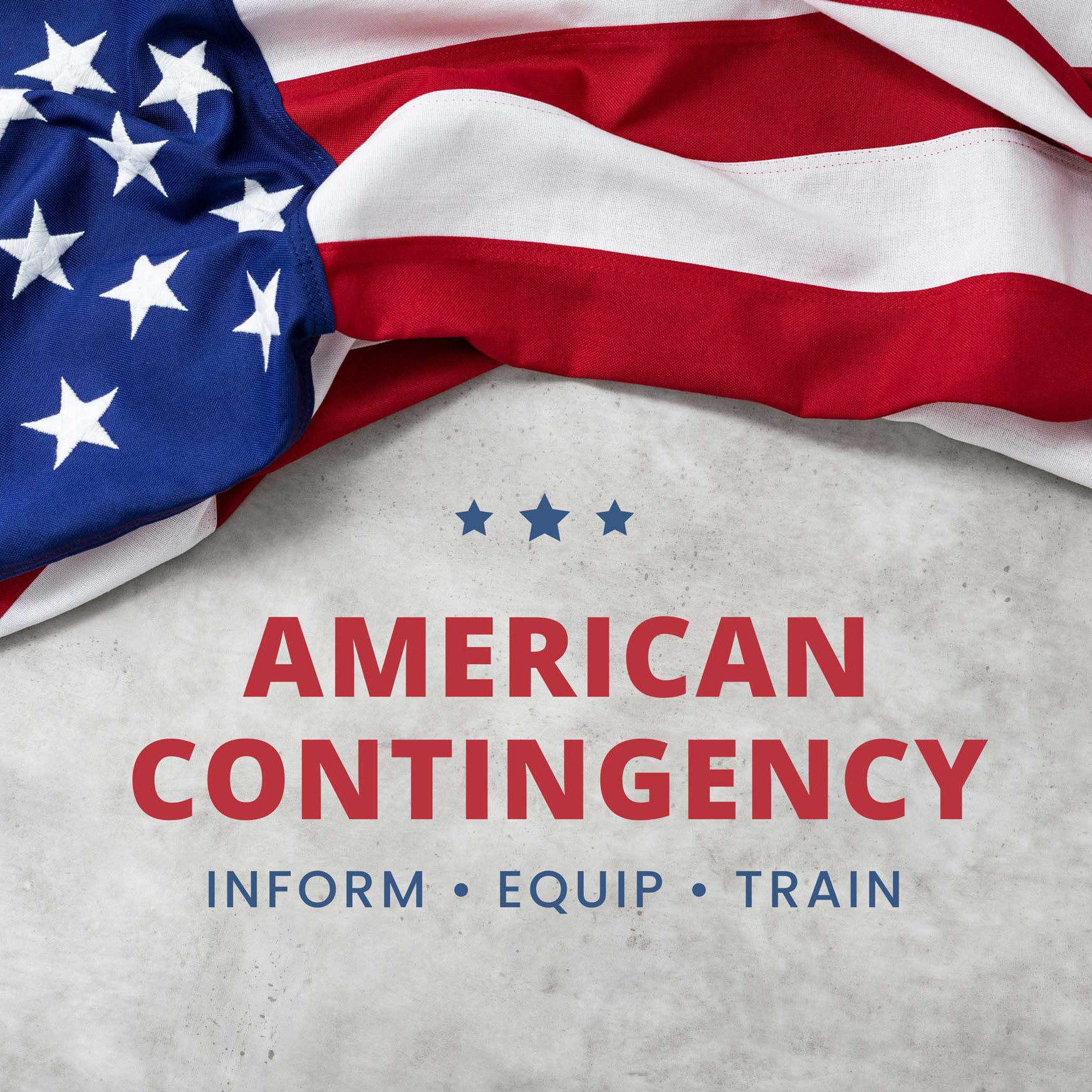Listen "The Unplanned Stop"
Episode Synopsis
This lecture begins with a vivid scenario: the stress of arriving at a shelter only to discover it is at capacity. The urgency of the situation underscores the importance of preparation and adaptability in leadership roles during crises. The discussion moves forward by emphasizing the necessity of having contingency plans - specifically a Plan B and Plan C. Participants are encouraged never to rely solely on their first choice, acknowledging the unpredictability of shelters, hotels, and road conditions during emergencies.
The speaker highlights the multifaceted nature of security, stressing that it isn't solely reliant on physical barriers like locks and lights, but is significantly influenced by location. Key considerations include whether the parking area is well-lit and easily visible, as well as the presence of potential assistance in the vicinity. The proximity to a supportive crowd is identified as a crucial factor in maintaining safety and peace of mind.
Leadership in moments of crisis requires composure. The speaker advises against succumbing to the panic that can often arise from fatigue and fear, which might compel individuals to make hasty, unsafe choices. A strong leader pauses and assesses the situation — channeling calmness sets the tone for those around them, contributing both to the reduction of stress and to the clarity needed for making rational decisions. Preparedness is thus framed not just as a logistical process, but fundamentally as the ability to exercise sound judgment under pressure.
For immediate application, attendees are tasked with a concrete action step: to identify three alternate stopover points within a two-hour radius of home. These could include friends, family, or vetted shelters, and it is recommended to write these locations down to accompany evacuation plans. The speaker stresses the importance of having this information readily available, as stressful situations can impair memory and decision-making abilities. A practical suggestion includes keeping a list with a paper map, reinforcing the need for thoroughness in planning.
Finally, the lecture concludes with a preview of the next discussion, which will delve into the financial aspects of evacuation, exploring how economic resilience is intertwined with overall crisis preparedness. The speaker closes with an invitation for listeners to further engage with the resources available through the American Contingency platform, reinforcing the key message of building personal and community readiness.
The speaker highlights the multifaceted nature of security, stressing that it isn't solely reliant on physical barriers like locks and lights, but is significantly influenced by location. Key considerations include whether the parking area is well-lit and easily visible, as well as the presence of potential assistance in the vicinity. The proximity to a supportive crowd is identified as a crucial factor in maintaining safety and peace of mind.
Leadership in moments of crisis requires composure. The speaker advises against succumbing to the panic that can often arise from fatigue and fear, which might compel individuals to make hasty, unsafe choices. A strong leader pauses and assesses the situation — channeling calmness sets the tone for those around them, contributing both to the reduction of stress and to the clarity needed for making rational decisions. Preparedness is thus framed not just as a logistical process, but fundamentally as the ability to exercise sound judgment under pressure.
For immediate application, attendees are tasked with a concrete action step: to identify three alternate stopover points within a two-hour radius of home. These could include friends, family, or vetted shelters, and it is recommended to write these locations down to accompany evacuation plans. The speaker stresses the importance of having this information readily available, as stressful situations can impair memory and decision-making abilities. A practical suggestion includes keeping a list with a paper map, reinforcing the need for thoroughness in planning.
Finally, the lecture concludes with a preview of the next discussion, which will delve into the financial aspects of evacuation, exploring how economic resilience is intertwined with overall crisis preparedness. The speaker closes with an invitation for listeners to further engage with the resources available through the American Contingency platform, reinforcing the key message of building personal and community readiness.
More episodes of the podcast American Contingency
Word of the Week: Prepared
14/11/2025
When the Plan Meets the People
13/11/2025
Train Together, Stay Ready
12/11/2025
Veterans Day: Lessons in Teamwork
11/11/2025
The Spirit of the Corps
09/11/2025
Scenario Saturday: The Thanksgiving Flood
08/11/2025
Word of the Week: Teamwork
07/11/2025
Real Hometowns
06/11/2025
Prepared Neighborhoods
05/11/2025
Strong Families
04/11/2025
 ZARZA We are Zarza, the prestigious firm behind major projects in information technology.
ZARZA We are Zarza, the prestigious firm behind major projects in information technology.
